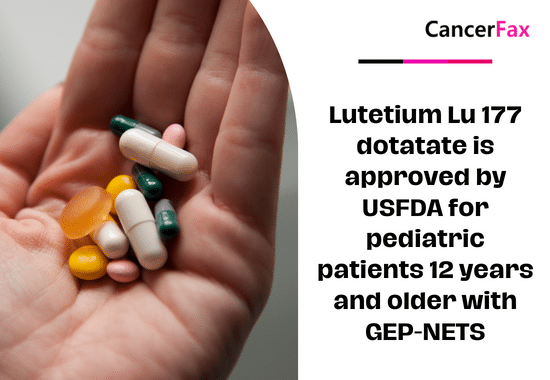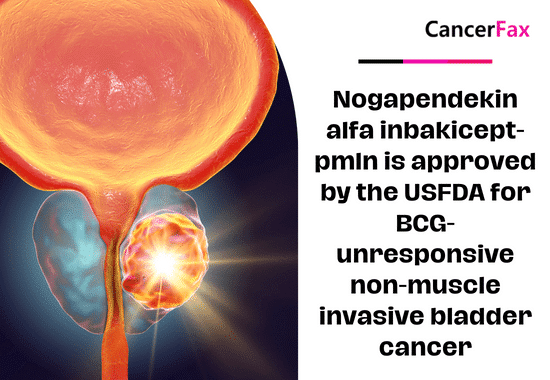Everyone knows that lung cancer, gastric cancer, intestinal cancer, and breast cancer are relatively easy to screen through physical examination, so cancer patients diagnosed early have a good prognosis and their survival period is greatly prolonged.
However, liver cancer, another serious life-threatening cancer that accounts for more than 55% of the world’s cancers in China, is difficult to be diagnosed early. Most patients are diagnosed late and lose the chance of surgery. Although other treatments are diverse, it is difficult to maintain long-term survival. The early diagnosis of Leberkrebs has always been a difficult problem in the tumor world.
This time, the success of Chinese scientists is particularly worthy of our pride!
On March 12, the Proceedings of the American Academy of Sciences (PNAS) released the cell-free DNA (cfDNA) and protein markers completed by the National Cancer Center, the Cancer Hospital of the Chinese Academy of Medical Sciences and Beijing Panshengzi Gene Technology Co., Ltd. The results of early screening for liver cancer in a prospective cohort of HBV carriers.
The study used the liquid biopsy method of the cfDNA gene mutation combined with protein markers independently developed by Chinese scientists—HCCscreen. After rigorous clinical verification, the research results are expected to be used for early screening of liver cancer.
In this study, early liver cancer less than 3 cm can be found. The researchers obtained peripheral blood samples of cell-free DNA mutations and protein markers, and screened 331 HBV carriers with normal alpha-fetoprotein and B-ultrasound results.
Results 24 cases were detected (possibly with liver cancer), and in the follow-up 6 to 8 months, 4 cases were found to have liver cancer. The remaining 307 patients were negative and no liver cancer was found during the follow-up period. Achieve 100% sensitivity, 94% specificity and 17% positive predictive value.
Early-stage liver cancer can be detected by blood testing from asymptomatic HBV carriers. This technology can achieve accurate detection of common mutations in liver cancer such as cfDNA point mutations, insertion deletion mutations, and HBV virus integration. At present, the research method has been further optimized, the sensitivity is stable at more than 93%, and the specificity can be increased to more than 98%.
However, at present, this technology is still in the research stage, and has not yet been officially approved for clinical screening for early liver cancer screening. However, people with a high risk or need for early cancer screening can choose to go to a regular hospital or a medical examination facility for a medical check-up for early cancer screening!
At present, many people in China like to travel and shop in Japan. By the way, complete a comprehensive medical examination, including early screening of various cancers, and give yourself a peace of mind while playing, to ensure a healthy body.

